
Better Starts in Current
When there’s current flowing across the starting line, there are opportunities aplenty to score the perfect start.

When there’s current flowing across the starting line, there are opportunities aplenty to score the perfect start.
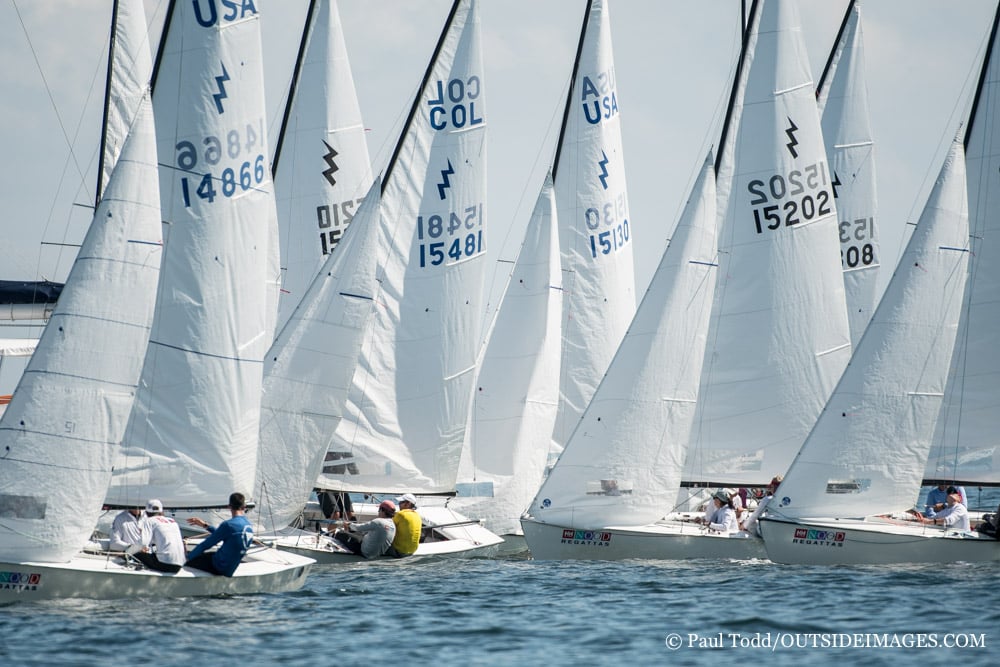
Top sailors know that time well spent before the first start will go a long way toward good finishes.
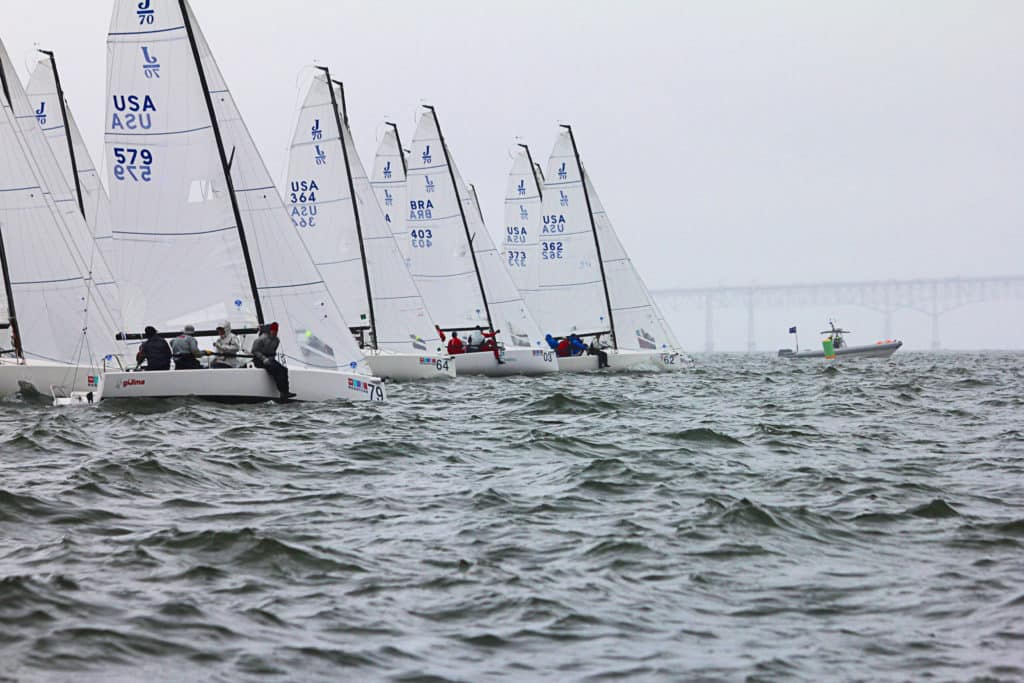
Steve Hunt applies what he learns during his pre-start workup, and makes a case for the importance of having a good plan—or at least having a plan.
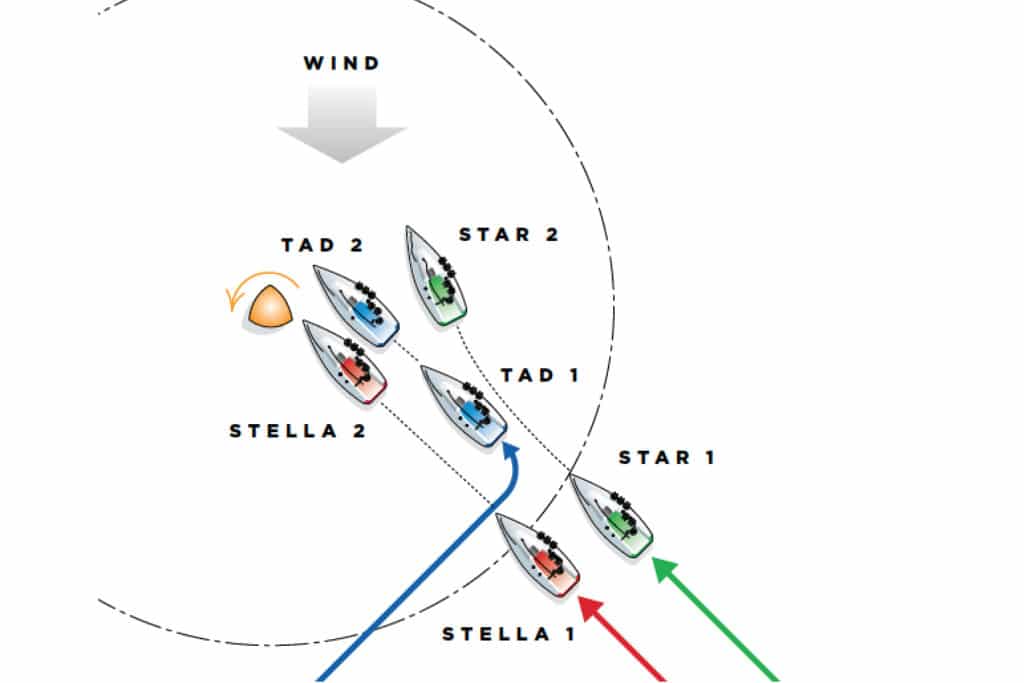
Three rules are changed in sensible ways to promote safety, fairness and simplicity.
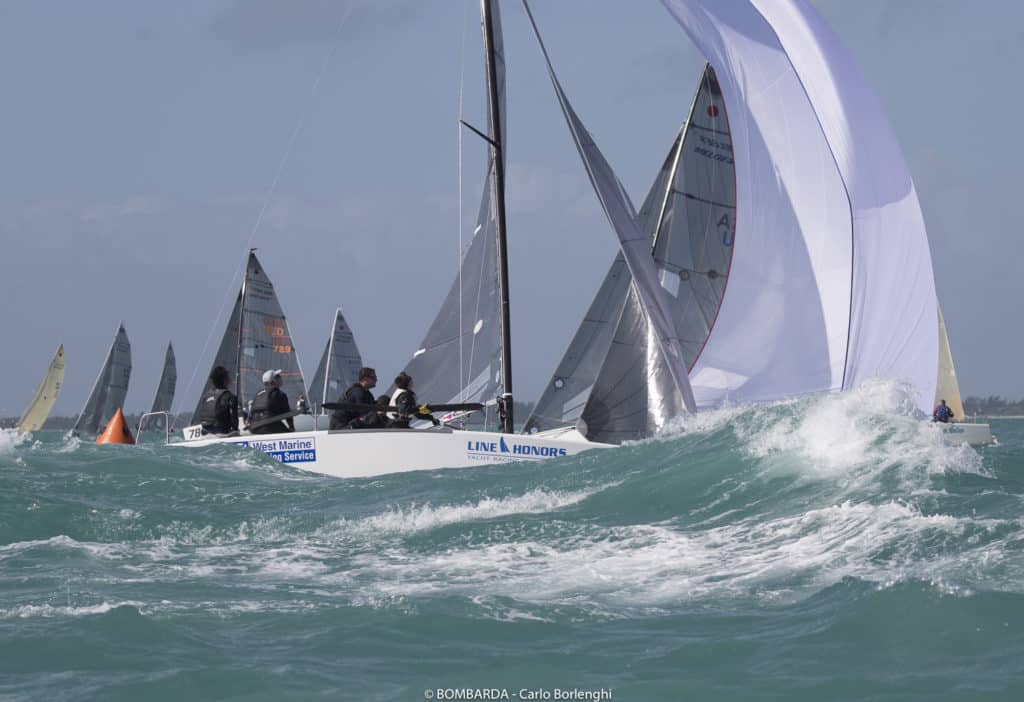
An OCS on the second day of the Melges 24 Worlds in Miami serves as reminder of how to claw your back to the front of the fleet.
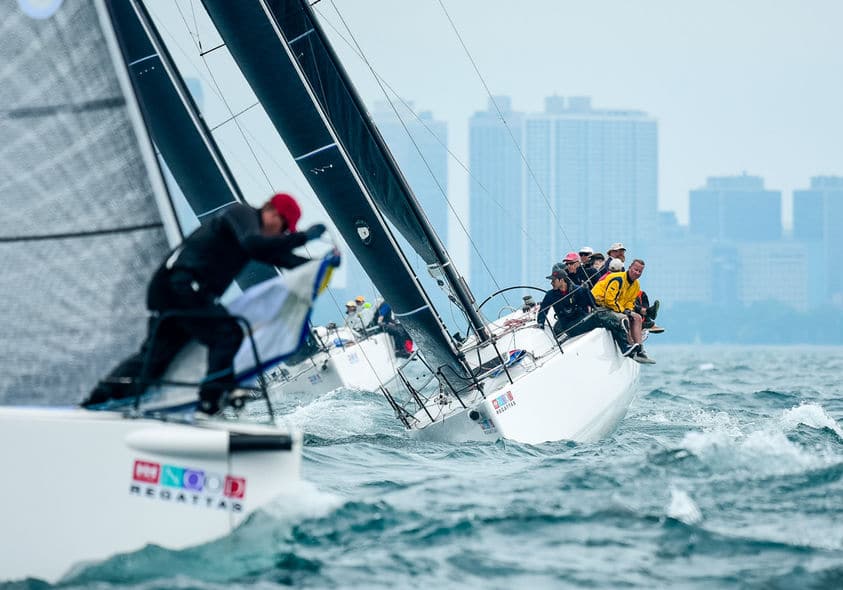
No two races are won the same way, but sticking to this six-point plan will help you win regattas.
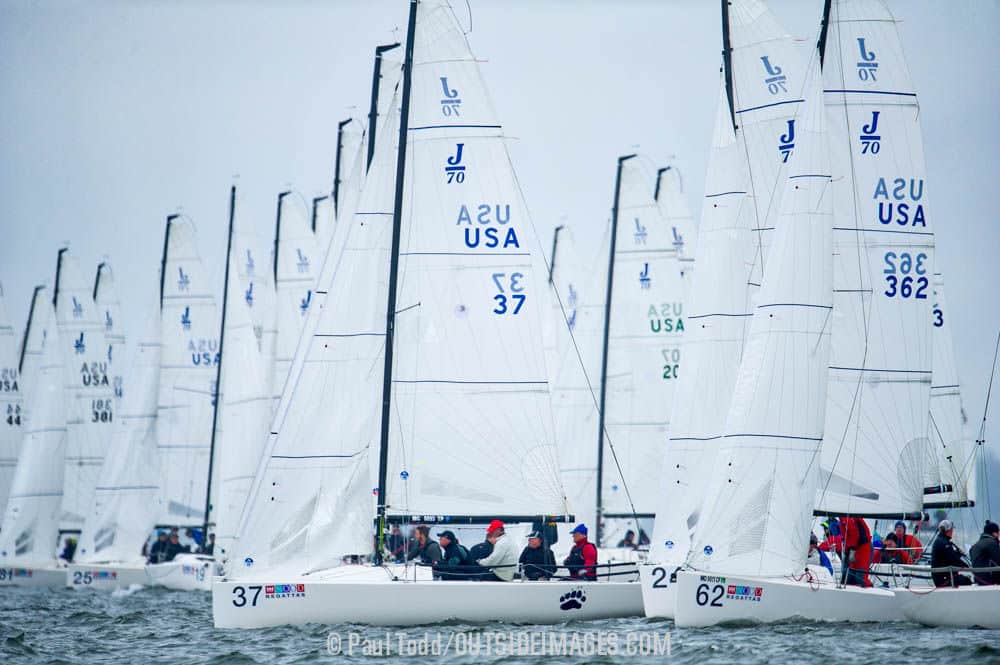
The favored end of the starting line may be favorable most of the time, but when it’s shifty, ignore the opposite end at your own peril.
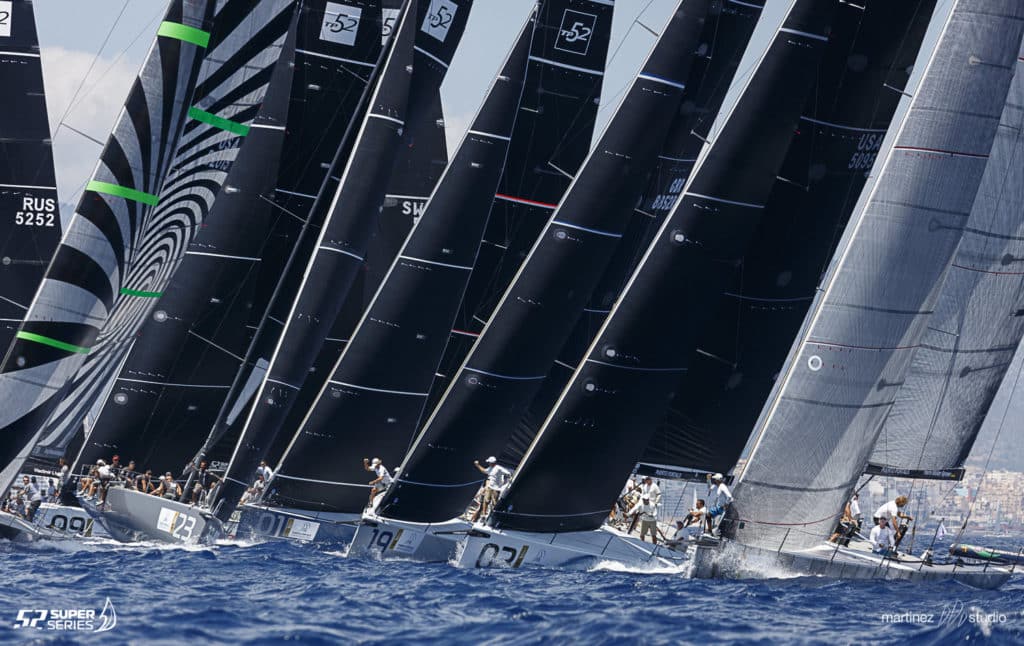
When you find yourself heading back to the line to restart, don’t despair, there’s a whole racecourse ahead to get back in the race.
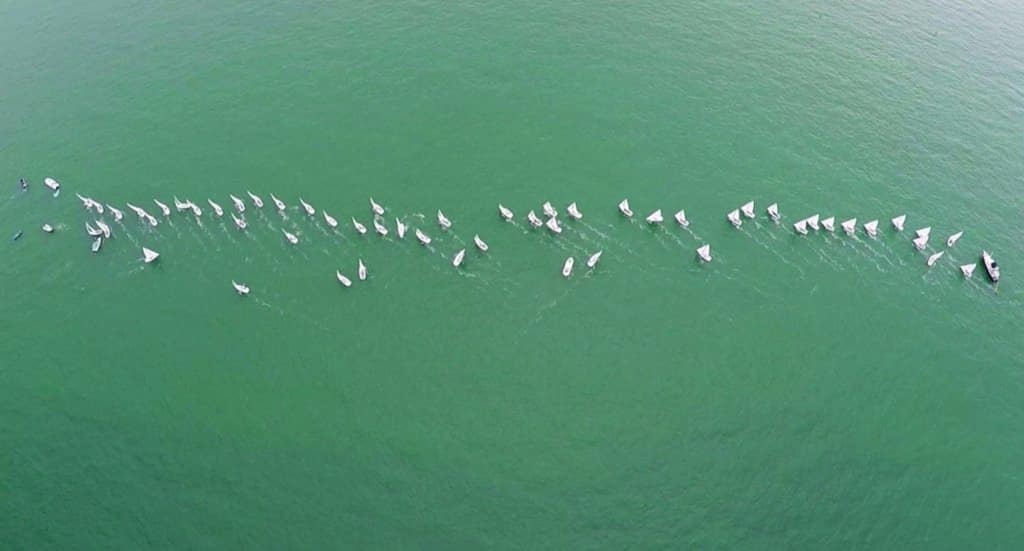
There’s a lot going on in the final minutes of the pre-start, and a keen eye to what’s happening up the course and with your own sails can help you recognize, and react to, a last-minute shift.
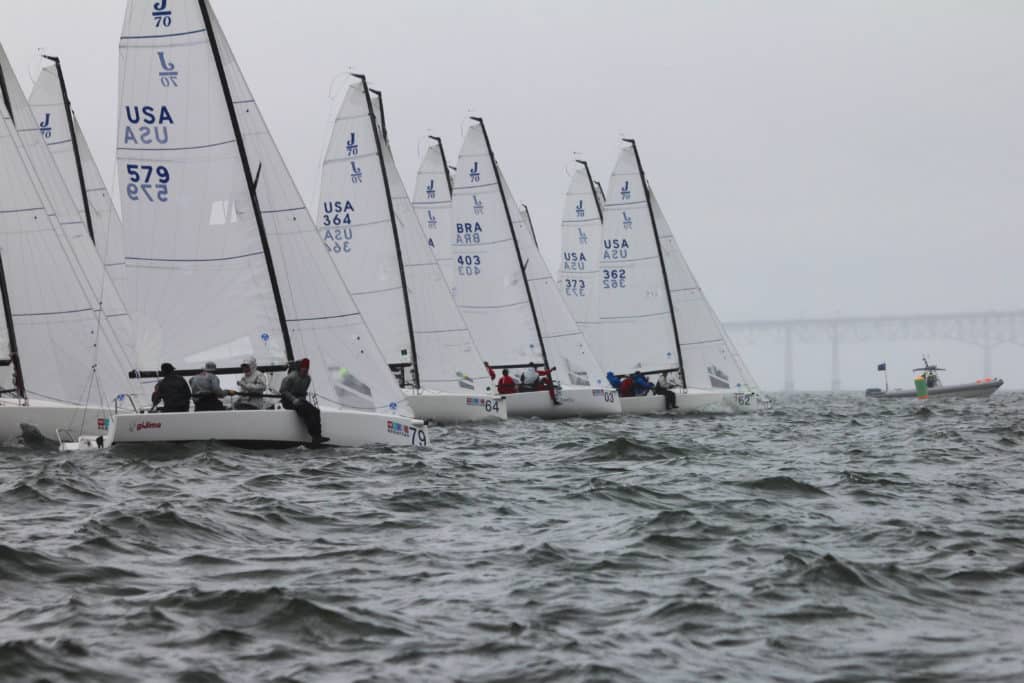
Top sailors know that time well spent before the day’s first start will go a long way toward good finishes.
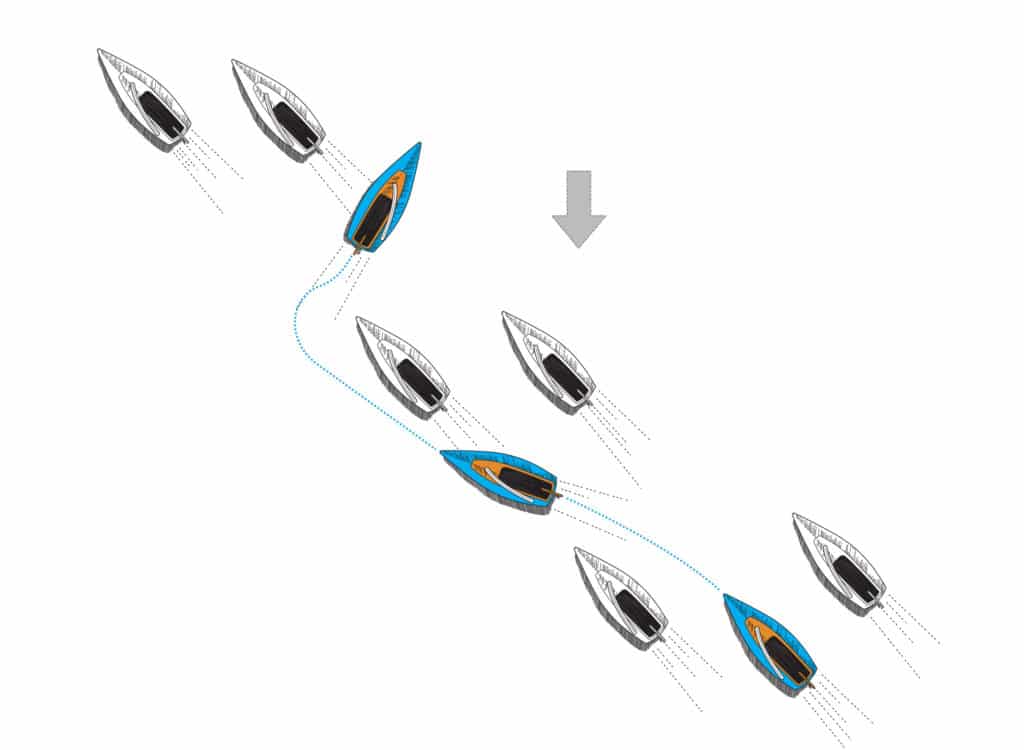
Everyone is bound to have an occasional bad start. If and when you do, just look for the exit signs and make your move when opportunity knocks.
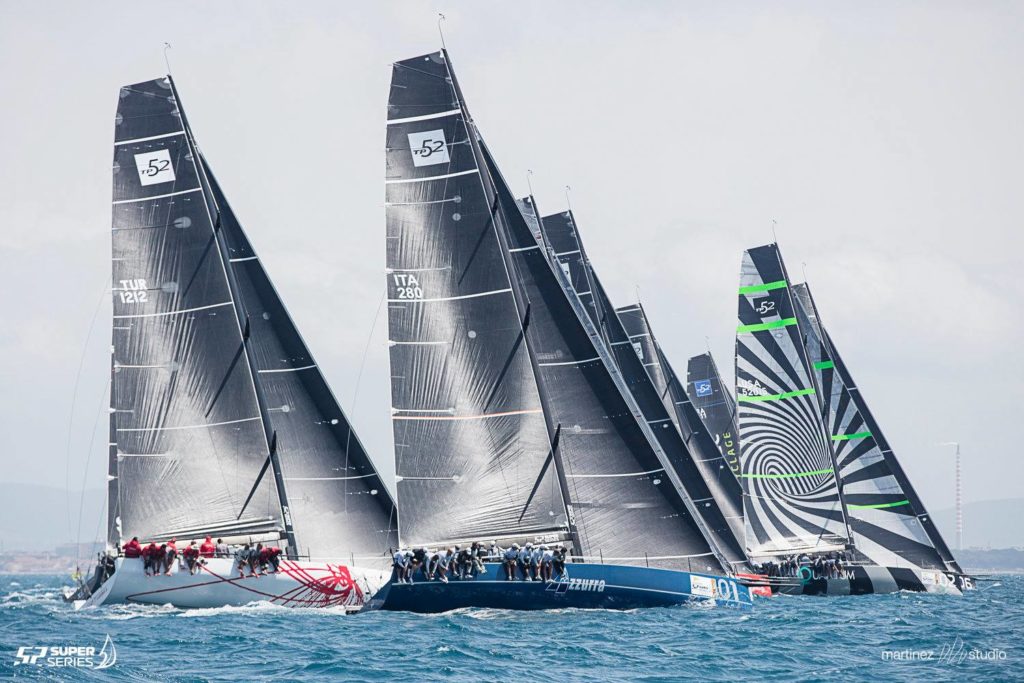
A starting line with a favored end opposite of where you want to go can throw a wrench in your plans, Terry Hutchinson sorts out options when things get tough.

When there’s current flowing across the starting line, there are opportunities aplenty to score the perfect start.

Top sailors know that time well spent before the first start will go a long way toward good finishes.

Steve Hunt applies what he learns during his pre-start workup, and makes a case for the importance of having a good plan—or at least having a plan.

Three rules are changed in sensible ways to promote safety, fairness and simplicity.

An OCS on the second day of the Melges 24 Worlds in Miami serves as reminder of how to claw your back to the front of the fleet.

No two races are won the same way, but sticking to this six-point plan will help you win regattas.

The favored end of the starting line may be favorable most of the time, but when it’s shifty, ignore the opposite end at your own peril.

When you find yourself heading back to the line to restart, don’t despair, there’s a whole racecourse ahead to get back in the race.

There’s a lot going on in the final minutes of the pre-start, and a keen eye to what’s happening up the course and with your own sails can help you recognize, and react to, a last-minute shift.

Top sailors know that time well spent before the day’s first start will go a long way toward good finishes.

Everyone is bound to have an occasional bad start. If and when you do, just look for the exit signs and make your move when opportunity knocks.

A starting line with a favored end opposite of where you want to go can throw a wrench in your plans, Terry Hutchinson sorts out options when things get tough.
Sign up for Sailing World emails to receive features on travel destinations, event listings and product reviews as well as special offers on behalf of Sailing World’s partners.
By signing up you agree to receive communications from Sailing World and select partners in accordance with our Privacy Policy. You may opt out of email messages/withdraw consent at any time.